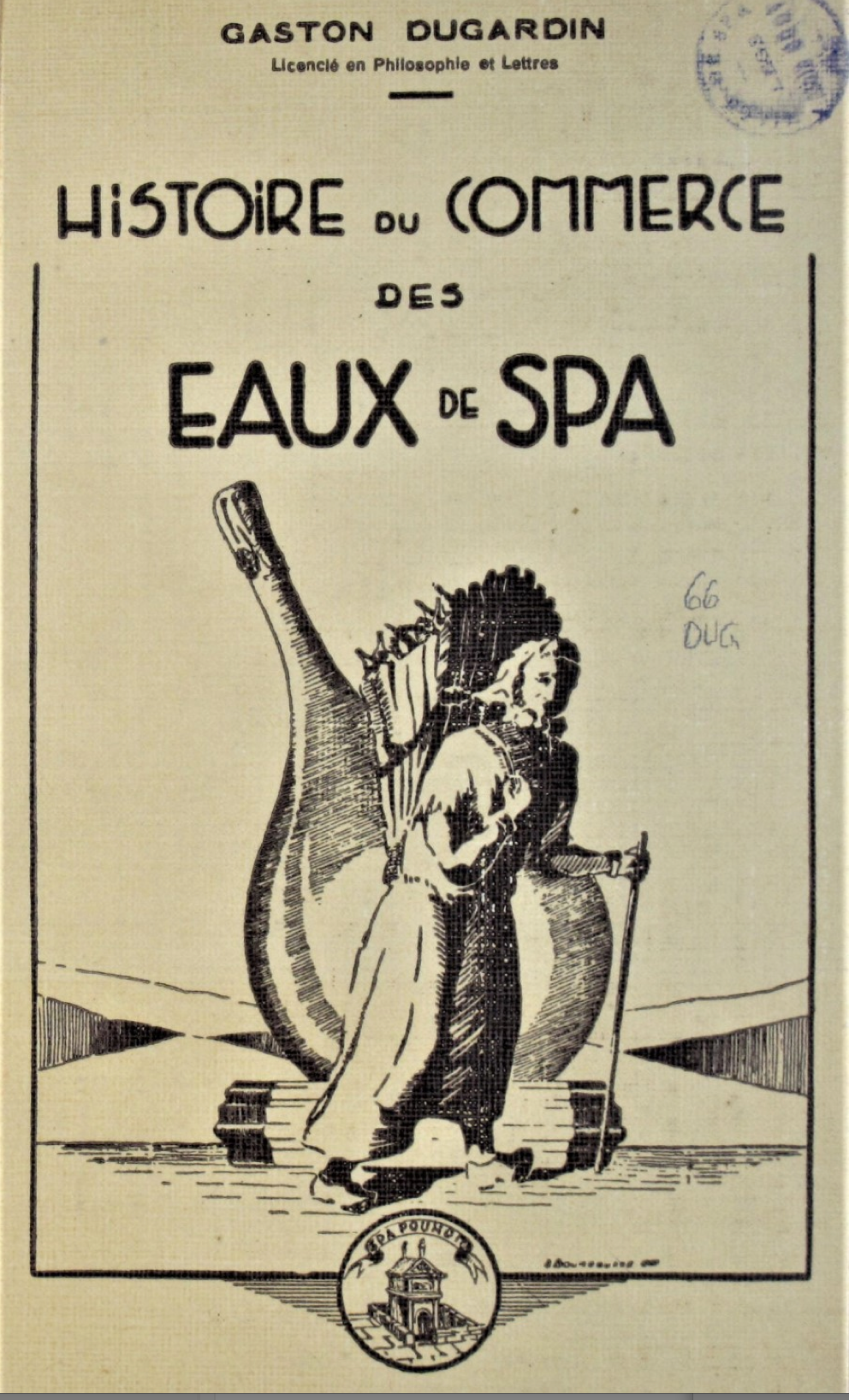7 Walks (a reenactment in Spa): Researching sustainable practices through art & law
Vermeir & Heiremans present their new research project 7 Walks together with Luke Mason during Intersections of Finance and Society 2019, London. The presentation will be part of the Panel Spaces of Finance in the fourth annual conference of the Finance and Society Network (FSN) at the City University of London.
Conference: 12 – 13/12/2019
Panel Spaces of Finance: 12/12/2019, 13-14:45h
City University of London
Northampton Square
London EC1V0HB
UK
7 Walks is a new artistic research project by Vermeir & Heiremans and legal philosopher Luke Mason on property relations that focuses on a new form of governance for the ecology of the arts, in addition to market and government.
7 Walks involves the reenactment of a selection of historical walks, that were conducted by philosophers, artists and states-men in the ‘therapeutic landscape’ around the city of Spa in Belgium between the 16th and 20th century. The project is an invitation to 7 experts from different disciplines for a ‘clashing of minds’ on whether a creative and critical look at legal concepts can contribute to a more sustainable art practice.
Mason wants to transform the legal framework to make more social uses possible. Western legislation played an important role in the ‘enclosure’ of the commons. He aims to understand ownership relationships in a more layered way, and that is needed to protect both natural and social commons.
The economic philosophy of Henry George (1839-1897) forms an important inspiration. George argued that much of the value technological advances, natural resources, infrastructure, human activities generate, is captured by owners of land / real estate through economic rent. According to George, all people have an inalienable stake in the riches of the world, regardless of where they are exploited. Georgists call this the citizen’s dividend.
Artistic practices also contribute to the economic vitality of locations, but usually artists do not share in their added value. Vermeir & Heiremans and Mason start from the premise that artists have a share in the value that their activities create. This ‘artistic dividend’ can be considered as a commons.
Already in the 16th century, Spa became famous for its healing springs. It became the so-called ‘Café de l’Europe’. Visited by kings and tsars, artists and philosophers, it was a haven for conflicting philosophies, political ideas and artistic visions. This elite walked through the forests, along paths named after artists and musicians on their way to drink the water of the springs. They came to see and be seen, for diplomacy, espionage and art, as the ‘inventor’ of the commercial gallery system in Victorian London, Ernest Gambart (1814-1902), had his summer residency in Spa. These historical visitors, among them for example Pierre-Joseph Proudhon (1809-1865) and his friend Gustave Courbet (1819-1877) had very different visions on property in relation to art, natural resources or land. These contrasting ideas form the basis of productive discussions with invited experts during the ‘re-enactment’ of the historical walks.
Four centuries of water management – from the 16th-century water export to its current financialisation and monopolisation – form the basis for a reflection on property relations. During the walks, Vermeir & Heiremans, Luke Mason and their guests will develop narratives about more inclusive forms of ownership that can diversify the economic potential of the art ecology. If lawyers and financial advisers are able to extract and distribute value from water sources, infrastructure, or art in the form of a financial dividend for global investors, can legal tools in creative hands then progressively transform and make value partially flow back to its source?
